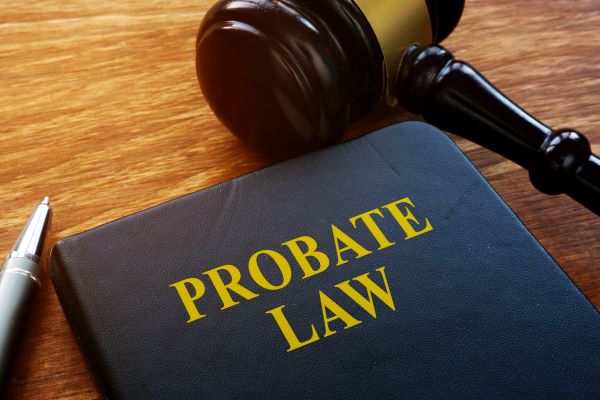
Estate Administration: How and When a Will Takes Effect
You do not currently have a featured image set for this post. To set your featured image, click on the circular Meta View button and set your image in the box on the bottom right.
A will is an important estate planning tool to help guarantee you will distribute your assets per your wishes after you pass away. But how exactly do wills take effect in Ohio?
This depends on if you have developed a living will or a last will. A living will goes into effect as soon as a doctor signs forms stating that you are incapacitated and not of “sound mind and body” to make decisions. Common examples would be if you are in the late stages of Alzheimer’s disease or if you are unconscious due to a severe accident. At this point, the living will indicates who has power of attorney to make a variety of decisions—including medical, financial and legal—on your behalf.
A last will and testament, on the other hand, only goes into effect upon your death. This estate planning document determines the estate administration process, including how your assets get divided and how your debts and taxes get paid. In a last will, you name beneficiaries and have an executor take charge of handling all aspects of your estate administration.
How can I change my last will?
If you wish to change certain elements of your last will and testament, you should do so with the guidance of an estate planning attorney to ensure you outline your wishes with appropriate detail and clarity. Estate planners know all relevant state and federal laws, enabling you to avoid having your will invalidated for procedural reasons. This also helps you avoid challenges to your will from loved ones after your passing. A probate court could invalidate your will, for example, if no witness were present when you signed it.
Changing a will requires a “codicil,” a legal document that states the will has been amended. Always be sure to include the dates of any revisions so your loved ones will know for sure if they have the most recently updated version.
Keep in mind that just because you have included certain items in your will does not mean you have lost the ability to do with them as you please. There are certain types of trusts that revoke certain ownership privileges of your assets, but with a will, you retain the right to buy and sell property however you deem fit without consulting your potential beneficiaries. These activities do not have any effect on your last will, because the estate administration process only occurs following your death.
How can I cancel my last will?
In addition to modifying your will, you may also revoke it at any time. This, too, requires the use of a codicil. You should draft a new will as soon as possible after canceling your original document, as if you die without one, the court will proceed with administering your estate per the laws of intestate succession. If you choose to create a new will, include a passage that explicitly cancels any previous versions of wills that may still exist.
For more information on living wills and last wills, how they go into effect and how you can modify them, consult a dedicated estate planning lawyer with Seif & McNamee. Our team serves clients across the state of Ohio from our offices in Waverly and Chillicothe.



